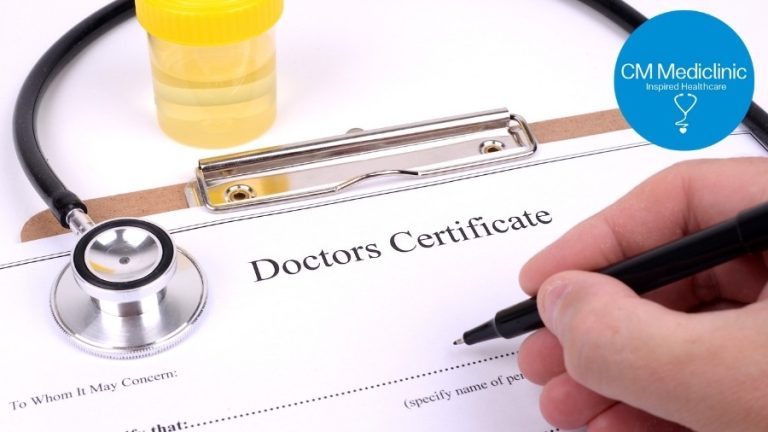
Specific circumstances warrant requesting short-duration medical certificates that excuse brief absences from professional or academic commitments. These certificates are official documentation when employees or students require time away due to health issues that prevent regular attendance. Understanding the appropriate situations for requesting these documents helps ensure proper use while maintaining credibility with employers and educational institutions. A 2 day medical certificate typically covers situations where individuals experience acute but short-lived health conditions that temporarily impair their ability to fulfill work or study obligations. These brief medical notes address common scenarios like minor illnesses, medical procedures, or health episodes that require recovery time without extending to longer-term medical leave requirements.
Acute illness situations
Minor respiratory infections, gastrointestinal disturbances, and viral conditions frequently require 2-day recovery periods before individuals can safely return to work or study environments. These conditions often involve contagious elements that make attendance inadvisable for personal recovery and community health protection. Healthcare provider NextClinic routinely issues these certificates when patients present with symptoms that warrant brief isolation or rest periods. Medical professionals assess symptom severity, contagion potential, and recovery timelines to determine appropriate absence durations. Migraine episodes, severe headaches, and similar neurological symptoms can temporarily incapacitate individuals while typically resolving within 48 hours with proper treatment and rest. Acute allergic reactions, food poisoning incidents, and minor injuries from accidents also fall within this category when they create a temporary inability to perform regular duties without requiring extended medical intervention.
Employment contexts
- Workplace policies typically specify minimum illness duration requirements for medical certificate submission
- Some employers require medical documentation for any absence exceeding one day, regardless of circumstances
- Shift workers may need certificates covering partial shifts when illness occurs during scheduled work periods
- Safety-sensitive positions often mandate medical clearance before returning to work after any health-related absence
- Union agreements may stipulate specific medical documentation requirements for sick leave utilization
Student absence protocols
Educational institutions maintain varying policies regarding medical certificate requirements for short-term absences. Universities and colleges often require documentation for absences during examination periods, major assignment submissions, or mandatory attendance activities. Some institutions implement attendance percentage requirements that trigger medical documentation needs when students approach absence thresholds. Primary and secondary schools typically have different standards, with many requiring medical certificates for absences exceeding specific durations or occurring during testing periods. Private institutions may enforce stricter documentation requirements than public schools, reflecting their individual policies and administrative preferences.
Certificate content requirements
- Patient identification details, including full name and date of birth, for verification purposes
- Specific dates covered by the medical certificate indicating the start and end of recommended absence
- Healthcare provider credentials, including name, registration number, and practice contact information
- General nature of condition without requiring detailed diagnosis disclosure for privacy protection
- Fitness for duty assessment indicating when the patient can safely resume normal activities
Telehealth consultations have gained acceptance for certificate issuance, particularly for minor conditions that don’t require physical examination. These virtual appointments provide convenient access to medical assessment while maintaining appropriate documentation standards. Many healthcare providers now offer telehealth services designed explicitly for certificate requests, streamlining the process for patients and healthcare systems. Proper certificate utilization maintains trust between employees, students, and their respective institutions while ensuring medical resources remain available for genuine health needs.






